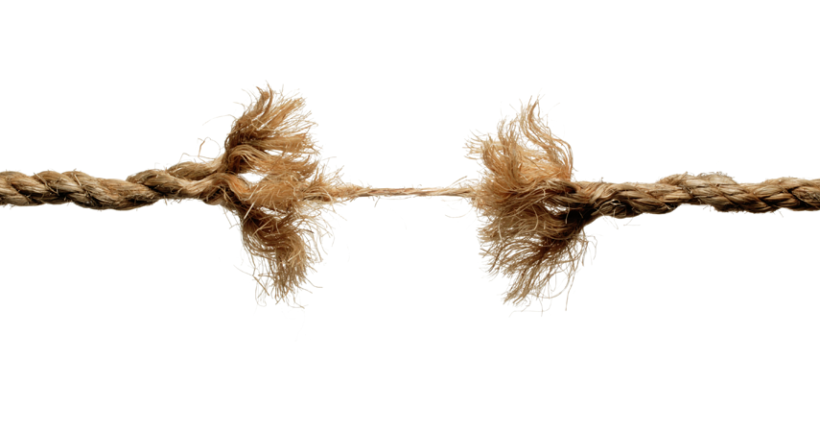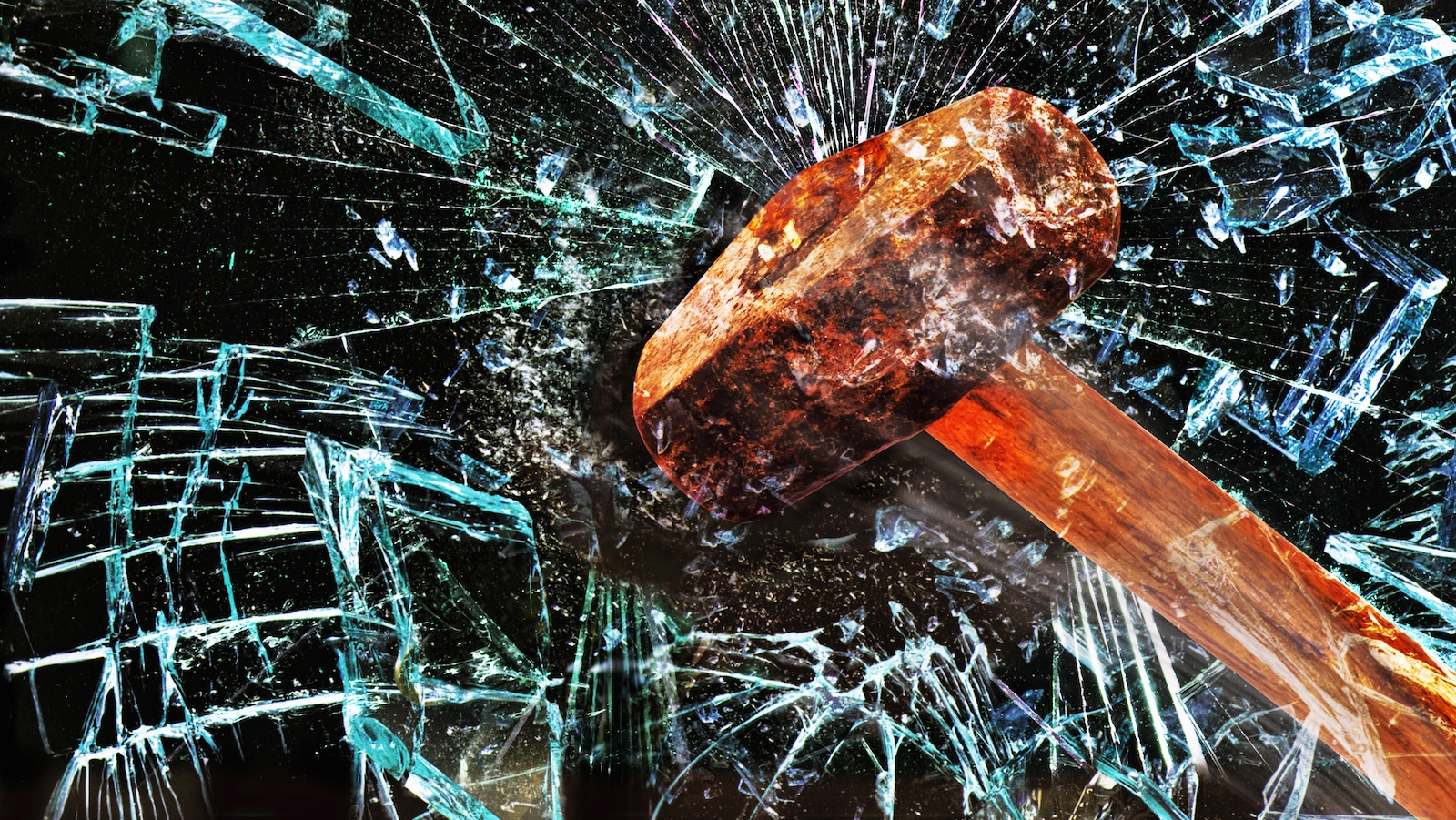
#Pekudei #HaChodesh #תשפא
Some 70 years ago, construction and development work was happening in Yerushalayim as Jews were slowly retuning home. But Rabbi Yaakov Moshe Charlap, the Talmid of Rav Kook, who was the Rabbi of the Sha'arei Chesed neighborhood, was lying in bed at his home, sick.
Digging and drilling machines were being used right under his bedroom window. His family members were thinking to do something about it and move the source of the noise away to a more distant place, but Rabbi Charlap told them: “Until recently I was privileged to go out of the house and see Jerusalem being built. Now I am bedridden, and can no longer go out, but when I hear the noise that the machines make, I know that Jerusalem is being built. Do not take away from me this privilege, let me at least hear Yerushalayim being built once more.”
This Shabbos, Hashem is letting us hear the the echos of the building of the Mishkan; a sound that was heard thousands of years ago, and that we will never need to to hear again. Why? Because the Mishkan is still standing.
Chazal (Yoma 72a) tell us:
אָמַר רַבִּי חָמָא בְּרַבִּי חֲנִינָא מַאי דִּכְתִיב עֲצֵי שִׁטִּים עוֹמְדִים ... שֶׁמָּא תֹּאמַר אָבַד סִבְרָן וּבָטֵל סִכּוּיָין תַּלְמוּד לוֹמַר עוֹמְדִים שֶׁעוֹמְדִין לְעוֹלָם וּלְעוֹלָמִים
Rabbi Chama, son of Rabbi Chanina, said: What is the meaning of that which is written: “And you shall make the boards for the Mishkan of acacia wood, standing”?... “Standing” is written to hint at the following: You might think that since the Mishkan is no longer in use, the boards would rot and decay. Therefore, the verse states “standing” to indicate that they will last forever and ever.
The Seforno (ר׳ פר׳ פקודי) adds:
> Not only did the Mishkan last forever, none of the utensils used in the Mishkan ever fell into the hands of our enemies.
But then the Seforno pivots:
> This is the opposite of what happened to the “permanent” Temple, בית עולמים, built by Shlomo HaMelech.
He continues to explains that Shlomo's Beis HaMikdash needed regular repair, and that it was eventually, and tragically destroyed.
Why Was Yerushalayim Destroyed?
What could account for this discrepancy? The Seforno's answer here is biting: The Mishkan was built by Jewish hands. The Beis HaMikdash was outsourced to foreign laborers from Tzidon.
His point is clear: If you want to create something that will stand the test of time, you need to do it yourself. We dare not outsource the things that are most important in our lives: Torah, mitzvos and relationships.
But the comments of the Seforno require explanation on two counts. Firstly, if the tragedy of the destruction of the Beis HaMikdash could've been avoided by communal engagement, then why did Shlomo HaMelech – the wises of all men – not insist on it? Secondly, and perhaps more painfully, what difference does this make for us? The Beis HaMikdash is destroyed, and the Mishkan is hidden. Either way, we have no access to them?!
To this the Alshich HaKadosh notes that there were fundamentally different emotions driving the building of the Mishkan and Mikdash.
The Mishkan was build by Jewish hands because it was a project borne out of Love of Hashem, Love of Torah and Love of the Jewish people. They wanted to build it. They wanted to get their hands dirty.
By contrast, the purpose of the Beis Mikdash was to inspire a sense of awe and fear. Walking into the Mikdash was entering the Palace of the King. Royalty. Sovereignty. Majesty. It could not simply be cobbled together by volunteers; even if they wanted to. It needed to be perfect – so the greatest artists and architects were hired. And that meant foreign labor.
Tragically, and ironically, the attempt to create a fixed, permanent, awe-inspiring edifice resulted in the disenfranchising of the very people it was meant to inspire.
Solving an Intractable Conundrum
This is the tension at the heart of everything we do in life: marriage, raising children, building a business and cultivating a community. Do we do it ourselves or do we outsource to professionals?
Of course, we all know that there must be a balance. We cannot do everything ourselves, that's a recipe for burnout. But by handing over every task, we make ourselves obsolete.
Amazingly, Chazal pondered and resolved this centuries ago by understanding that everything we do creates a change in us and a change in the world. But that the primary orientation of a Jew is first to focus on the change in ourselves.
Let's understand this in context of Pesach.
Our Sages teach us that a מצות הגוף – a mitzvah on ourselves – cannot be outsourced. No one can eat matzah for you. No one can drink the four cups on your behalf. Just like no one can exercise for you, or loose weight on your behalf.
But then there are mitzvos that create an effect: You need a chametz-free home. You need a seder prepared. These can be outsourced. But they should not be, since מצוה בו יותר מבשלוחו – there is a greater mitzvah to do it ourselves. Yes, of course, a professional might be able to do it better. But the goal is changing ourselves far more than having a “perfect seder” (whatever that might mean to your mother-in-law...)
And what if we really, truly, have no idea how to do a particular mitzvah? Chazal do not leave us in the dark. They instructed halachik mechanisms, for example: appointing a Shaliach (an agent) and שומע כעונה (listening to a text rather than saying it).
But the point is clear: We should err on the side of doing it ourselves. An outsourced Yiddishkeit does not last, even if it is perfect.
Preparing for Pesach – And Life
The Eretz Tzvi notes that while neither Mikdash not Mishkan are available to us today, the truth that the Mishkan still stands somewhere is deeply meaningful. In the world of Galus, neither love nor fear are readily accessible. But the Mishkan of love still exists – it's hidden, but it's there. It is the only tool we have to build a relationship with Hashem if only we would uncover it.
This understanding is essential in imbuing our children with a commitment to Torah and Mitzvos. By getting them involved in Pesach we ensure that they know that Yiddishkeit is about passion and enjoyment – not perfection and fear. And that makes it last.
But it's not only about our kids and grandkids. Somehow, we have developed this false narrative that kids need to do mitzvos with love while we just need to get it done – to be “Yotzei”.
What happens to good parents on Seder night when the kids fall asleep? Does the seder loose steam, and fizzle out? Or do we, as adults, engage deeper and more meaningfully?
The next two weeks are about getting rid of the Chametz in our hearts, by getting rid of the Chametz in our homes. It's about preparing to leave the Mitzraim of our lives, by preparing for Seder night.
Ultimately, the goal of all of Yiddishkeit is to pour our passion, excitement and engagement into changing ourselves, and deepening our connection to the Ribono Shel Olam.
Hashem should help us to live lives of love and engagement. And this year, it should last.
:–)









